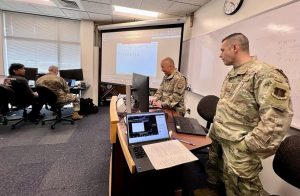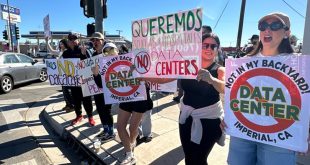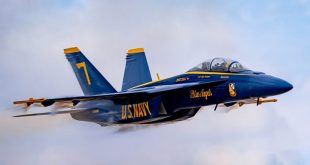 -Editorial
-Editorial
California officials say the state’s specialized National Guard narcotics teams have resumed full operations following months of reduced staffing caused by a federal deployment to Los Angeles.
Gov. Gavin Newsom’s office announced this week that since returning to state command, the California National Guard’s Counterdrug Task Force has reported major fentanyl seizures. In July alone, Guard personnel helped intercept 435 pounds of fentanyl valued at $3.3 million. The month before, Guard members assisted in seizures worth $2.2 million.
State officials credit the Guard’s specialized teams with contributing to a broader effort to stem fentanyl trafficking across California. Since 2021, the task force has helped seize nearly 33,030 pounds of fentanyl and more than 50 million fentanyl-laced pills, with a combined estimated street value of $482 million. So far this year, operations with partner agencies have interdicted 3,128 pounds of fentanyl and about 1.7 million pills worth nearly $26 million.
There are about 450 Guard members deployed statewide in support of counterdrug operations, including at ports of entry where officials say most fentanyl enters the country. Federal law enforcement agencies report the drug is primarily smuggled by U.S. citizens through legal border crossings.
Newsom has criticized the earlier diversion of Guard personnel under federal orders, saying it weakened California’s capacity to combat fentanyl trafficking. State officials said that at one point, nearly one-third of the Counterdrug Task Force was reassigned to Los Angeles, where Guard troops were placed under federal command for security operations.
According to the Governor’s office, the deployment has cost an estimated $118 million to date, including $71 million for food and other necessities, $37 million for payroll, $4 million in logistics, $3.5 million in travel, and $1.5 million for demobilization. Newsom’s administration has filed a federal Freedom of Information Act request seeking records to confirm the full cost.
Critics of the Los Angeles mission argue that fewer than 20% of the federalized troops were actively utilized and that many were diverted from essential state and civilian duties. Some Guard members were reassigned away from wildfire response teams and counterdrug units along the border. Reports of low morale surfaced during the early weeks of deployment, when soldiers were housed in makeshift conditions.
Earlier this week, a federal court granted California’s request for an injunction blocking the Trump administration’s plan to extend the deployment of Guard troops in Los Angeles through Election Day. The ruling came after Newsom and Attorney General Rob Bonta filed an emergency request in June, arguing the mission amounted to an unlawful use of the military for civilian law enforcement.
The legal challenge stems from a June 10 order federalizing more than 4,000 National Guard soldiers and 700 Marines in Los Angeles. Federal officials described the move as a security measure, but state leaders objected, saying the deployment expanded beyond guarding federal buildings to include broader civilian law enforcement activities.
As the case proceeds, California officials say their focus remains on counterdrug enforcement. “The work these servicemembers do is invaluable to the safety of our neighborhoods across the state,” Newsom said in a statement.


